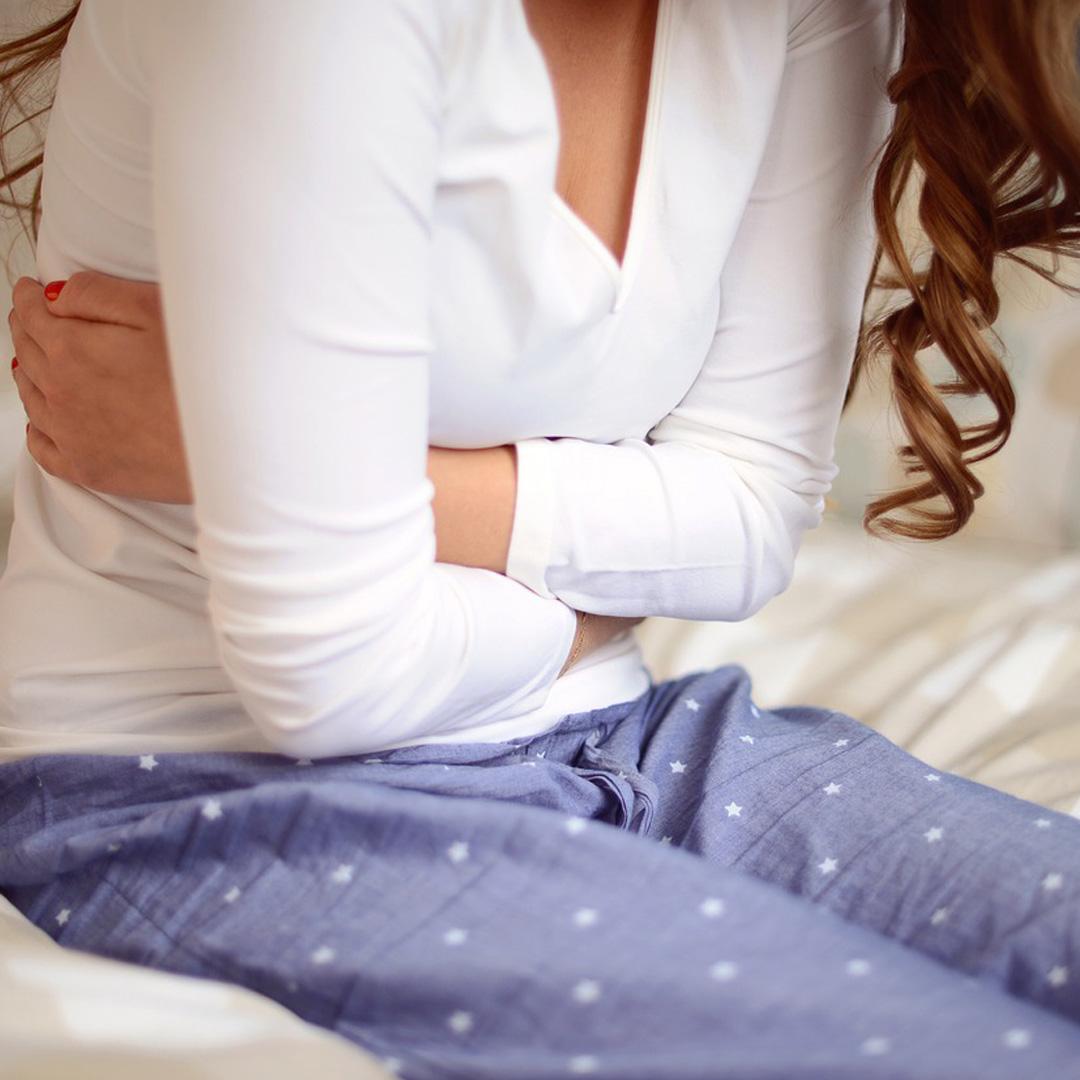
The NHS in mid and south Essex is urging local people not to attend A&E or other healthcare settings if they have recently had the winter vomiting and diarrhoea bug norovirus.
The call comes as cases of the common winter stomach bug are on the rise in acute and community hospitals across mid and south Essex, increasing pressure on local services which are already dealing with high levels of demand this winter.
The UK Health Security Agency (UKHSA) has issued a public health warning as cases of the common stomach bug are on the rise elsewhere across the country, while the NHS in mid and south Essex is urging local people to treat themselves at home rather than potentially putting others at risk of the stomach bug.
Norovirus is highly contagious and can cause symptoms including vomiting, diarrhoea, fever, headaches, stomach cramps, and aching limbs. According to recent data, laboratory-confirmed norovirus cases in late January were more than double the five-season average for the same period.
For those concerned about a vulnerable person or experiencing symptoms that persist beyond three days, phone NHS 111 or your GP surgery for further advice.
Norovirus spreads to others very easily and you can catch it from:
- close contact with someone with norovirus
- touching surfaces or objects that have the virus on them, then touching your mouth
- eating food that has been prepared or handled by someone with norovirus
- drinking unclean water or infected food
Symptoms usually appear quickly and, although unpleasant, most people recover within a few days.
Good hygiene practices are essential to reducing the spread of norovirus. Individuals should:
- Wash hands regularly with soap and warm water for at least 20 seconds, especially after using the toilet or before preparing food. Alcohol-based hand gels or hand sanitisers do not work against norovirus, so thorough handwashing with soap and water remains the best defence.
- Thoroughly clean bathrooms and frequently touched surfaces with bleach-based disinfectants.
- Avoid preparing food for others while experiencing symptoms and for at least 48 hours after symptoms have cleared.
For more information about norovirus and how to look after yourself is available on the NHS Mid and South Essex website: Norovirus – What you need to know and how to look after yourself

